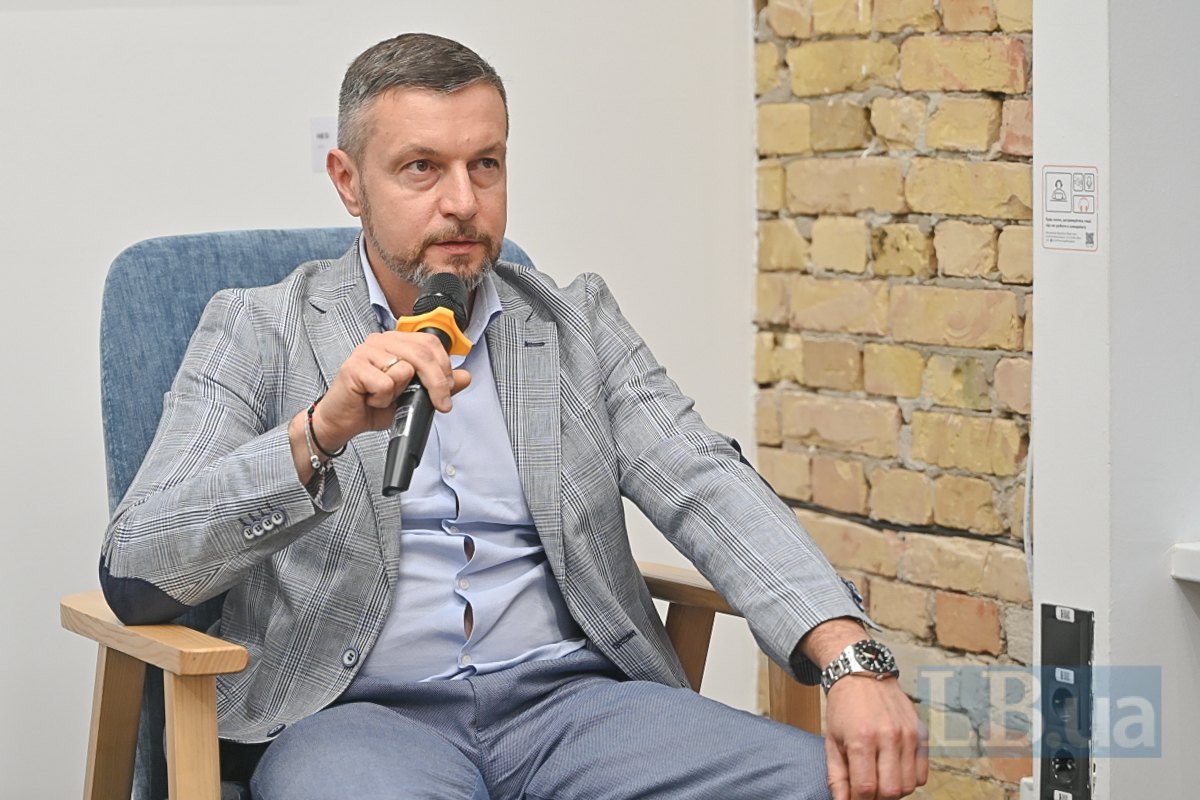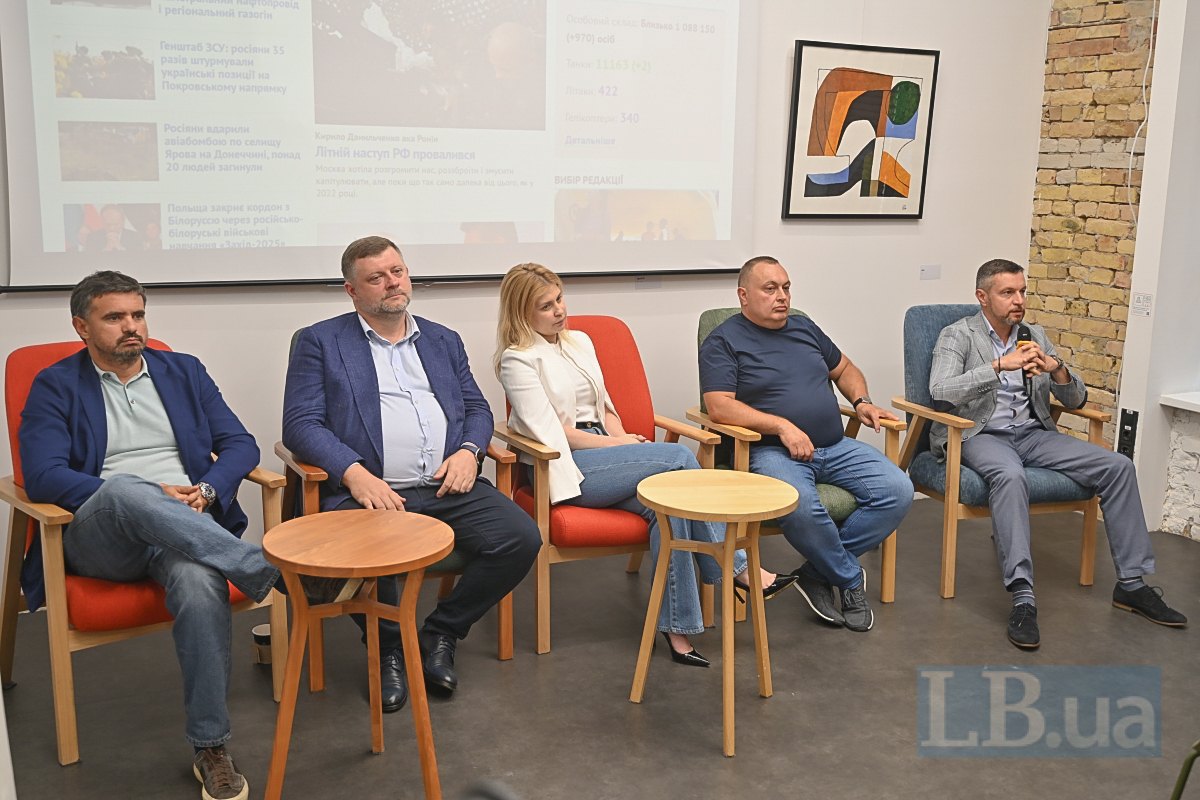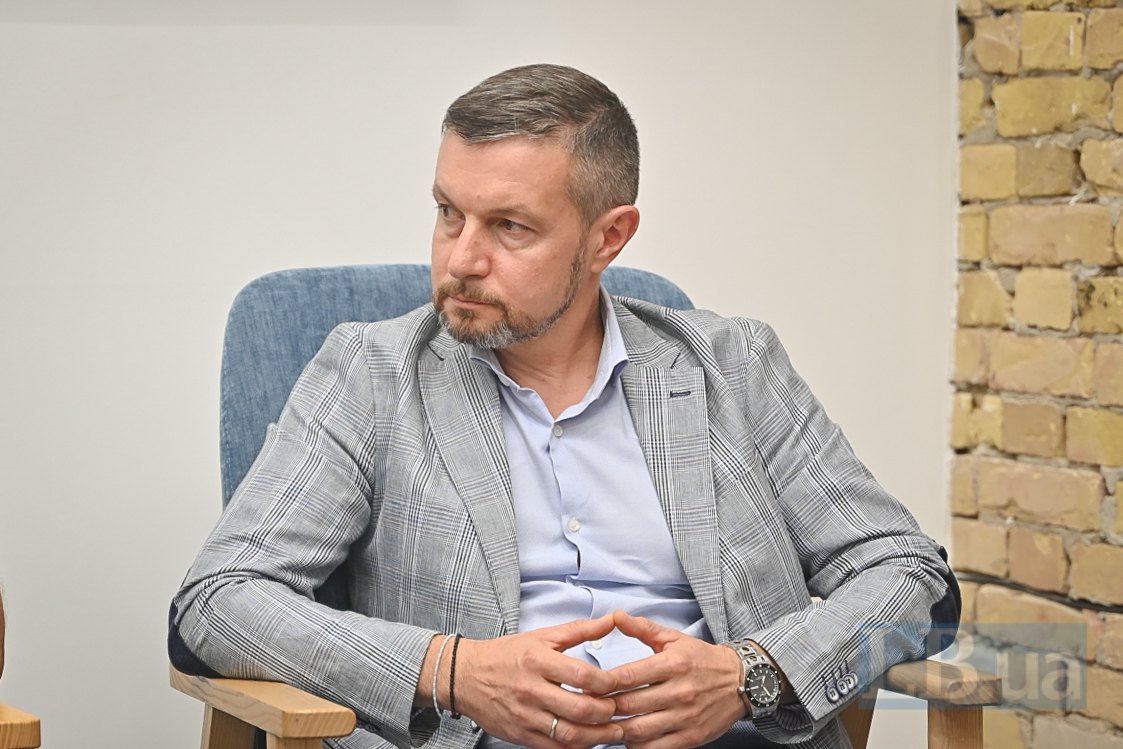
Therefore, according to the representative of the DIU, the two most realistic scenarios for Ukraine are as follows:
● continuation of the active hot phase of the war, when the Russian Federation will try to put pressure on and exhaust our human, technical and financial resources;
● the active phase of the war will fade away, and this will require us to build a new security architecture, which includes, in particular, the return of people from abroad, the return of capital, work with veterans, etc., said the representative of the DIU.
"When we talk about security, we mean not only the army and the front line, but also other components. These include information resilience, a healthy economy, cyber hygiene and cyber security. And, perhaps most importantly, social unity.
It is these components that form our shield, which will enable us not only to win, but also to build a path to stable development for the country in the future," Illya Pavlenko expressed his confidence.
In his opinion, Russia will not stop as long as it has at least some opportunity to advance. Therefore, the future of the country depends on how we overcome the current multidimensional challenges.

‘The first front is, of course, the war, the hot phase with the so-called Russian Federation,’ Pavlenko noted. And here, he noted, the DIU is doing everything possible to stop the intensity of offensive actions through asymmetric actions.
‘Back in 2022, the head of military intelligence set the task of transferring the war to enemy territory. The following year, he said that our task was to undermine the enemy's economic and military potential. Not only are these tasks at hand, but there are many aspects that concern both the military-industrial complex and the political stability of the enemy, and the DIU is working on this,’ Pavlenko noted. ‘Of course, any war is fought for money. Without the ability to supply its own armed forces, including with fuel, without the ability of the economy to generate income, of course, not only Russia, but any country that dares to take such actions loses its capabilities.’
The second area of challenges, according to the DIU representative, is the uncertainty of international support: ‘It exists, but its volume and pace may fluctuate.’ Dependence on it needs to be reduced, and concrete steps need to be taken to strengthen it.
And the third challenge is internal stability, the ability of internal institutions to function without disruption. ‘This is an economy that generates income. A society that maintains a horizon of trust and does not lose motivation,’ explains Illya Pavlenko.
Prolonged hostilities have led to psychological exhaustion among both the civilian population and the military, adds the intelligence officer, and Russia has always relied on breaking the will of peoples to resist and encouraging civilians to collaborate. Therefore, society must not succumb to such threats.
"If they [Russians] enter the territory, we all remember — it's just repression, famines. If they can't enter, they act remotely — it's terror, spiced up with their disinformation and PSYOP. We must not allow such sentiments to spread," Pavlenko notes.
And all these challenges, according to the representative of the DIU, need to be laid into the future foundation of long-term security infrastructure.

"Ukraine's security is not a one-off campaign linked to the war. Nor is it the sole responsibility of the security forces. I believe that security is a new philosophy of Ukrainian statehood. If we transform our daily efforts into operational security, we will not only be able to survive, but we will be able to win in the long run," added Illya Pavlenko.
Even if we win the war but do not have a new security architecture, Russia will move into Ukraine again, the DIU employee is confident.
"I support the idea of introducing martial law during martial law. Whatever the trajectory of events, we must become a unified system. The army must become a front for the rapid implementation of innovations. The government must become a factory of correct, intelligent decisions and services. Communities are our support. International diplomacy is a multiplier of internal efforts.
And even if the hot phase subsides, the window of opportunity will be very, very short. If we do not establish a new security architecture within 12 to maximum 24 months, the revenge of so-called Russia within three to five years is very likely.
We must understand this and build opportunities for our economy, first and foremost by working during times of risk, creating a military economy, a security economy," concluded the representative of the Main Intelligence Directorate.








